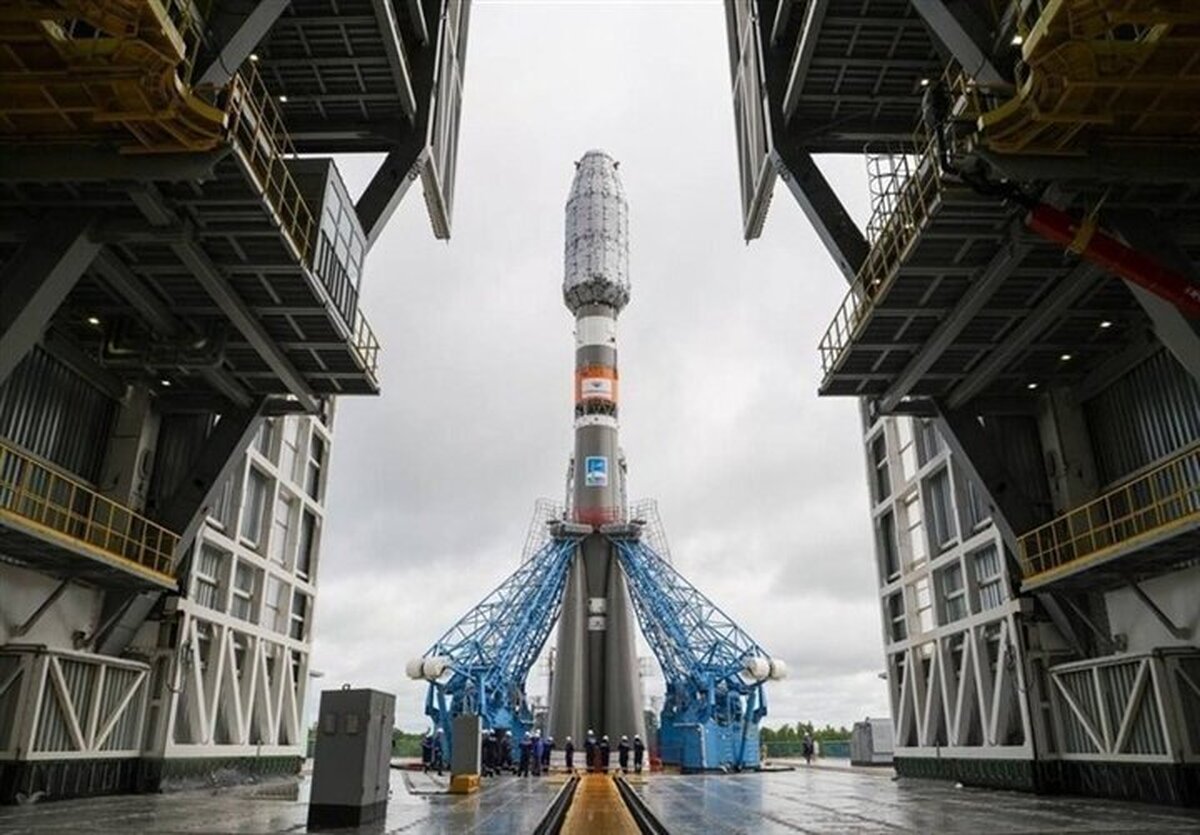
80% of Iran’s Commercial Border Checkpoints Reopen
EghtesadOnline: Almost all Iranian land borders were closed after the outbreak of coronavirus, but about 80% of which have now opened after more than four months of shutdown, according to the caretaker of the Ministry of Industries, Mining and Trade.
“Trade is almost back to normal. We experienced a downfall in trade during the first few months of the current Iranian year [started March 20] because of the complications caused by the spread of Covid-19 in domestic and international trade. However, now we are back on track and making up for the past four months,” Hossein Modarres Khiyabani was also quoted as saying by ILNA.
The official noted that Iran plans to export $41 billion worth of non-oil goods in the current Iranian year (March 2020-21).
A total of $41.3 billion worth of non-oil goods were exported from Iran in the fiscal 2019-20.
Latest data show 14.5 million tons of goods worth $4.3 billion were exported from Iran during the first two months of the current fiscal year (ended May 20). When compared with the corresponding period of last year (March 21-May 20), exports registered a 52% and 49% decline in weight and value respectively.
Rouhollah Latifi, spokesman of the Islamic Republic of Iran Customs Administration, has expounded on the latest status of Iran's borders with neighboring countries.
Trade With Iraq via Border Checkpoints
Border checkpoints with Iraq, namely Mehran in Ilam and Khorramshahr in Khuzestan provinces, as well as Iraqi Kurdistan Region are currently open for trade and the rest are closed, IRNA quoted Latifi as saying.
Yahya Al-e Es’haq, the chairman of Iran-Iraq Chamber of Commerce, said recently that close to 250 trucks from Iran head for Iraq through the northern border checkpoints (into the Iraqi Kurdistan Region) daily, mostly carrying food products and construction materials.
Health safety protocols have been designed and implemented for the southern borders with Iraq, which have yet to reopen.
Noting that the two borders of Chazzabeh and Shalamcheh will be reopened soon, the official said Mehran border terminal was reopened on June 9.
Transshipment of Iranian products through this significant border checkpoint is allowed on Mondays and Wednesdays, otaghiranonline.ir reported.
Iraq closed its land borders with Iran in the wake of the coronavirus outbreak in early March. The country is the main destination of Iranian exports among neighboring countries.
“About 8.1 million tons of goods worth $3.8 billion were exported from Iran to Iraq through the Iraqi Kurdistan Region during the last fiscal year that ended on March 19, 2020,” Latifi was quoted as saying by Mehr News Agency.
“Exports account for 42% of Iran’s total exports to Iraq in terms of value and for over 31% in terms of tonnage during the period under review.”
Parvizkhan border checkpoint had a share of more than 3 million tons worth $1.4 billion, followed by Bashmaq with $1.12 billion and Tamarchin border checkpoint with $754 million.
Iran exported more than 25.68 million tons of goods worth $8.99 billion to Iraq last year.
Trade With Turkey via Railroad
Latifi noted that Razi and Bazargan rail border crossings with Turkey are active and bilateral trade is taking place through the two countries’ rail crossings.
The chairman of Iran-Turkey Chamber of Commerce recently said land and rail borders with the neighboring country are open for trade but each country only allows the entry of its own citizens.
Sa’adat Dehqan added that air routes are scheduled to reopen on August 5.
On Feb. 23, Turkey closed its land borders with Iran and suspended all incoming flights from the country to stem the tide of coronavirus.
Three border checkpoints of Razi, Esendere (Serow) and Bazargan remained closed until June 4.
“At present, the three border checkpoints are open round-the-clock but the traffic is slow and the average waiting time for trucks carrying Iranian products to Turkey and Europe is higher at Bazargan due to the strict supervision and monitoring of the Turkish government,” Dehqan said.
Transportation is only possible by rail at the Razi border crossing, Iran’s sole rail connection with the neighboring country. In addition, Turkish citizens are allowed to pass through Serow border checkpoint.
“Exports to Turkey and European countries through transshipment has normalized,” he was quoted as saying by Otaghiranonline.ir.
Iran’s trade with Turkey totaled $719.53 million during January-April to register a decrease of about 75% compared with the corresponding months of 2019, data released by Turkish Statistical Institute show.
Iran exported $289.1 million worth of goods to Turkey during the four months under review, indicating an 86.05% decline year-on-year.
Imports stood at $430.43 million, down 45.72% YOY.
Other Neighbors
All borders with the neighboring Azerbaijan and Nakhichevan region are open and active.
Commercial checkpoints with Armenia have opened up as well while sea borders in northern Iran, namely Astara, Anzali, Hassanroud, Noshahr, Amirabad and Fereydounkenar, are fully active.
Latifi said limited trade with Turkmenistan is underway via railroad.
“All the 110 wagons that were held up at the Incheh Boroun border crossing in the northern Golestan Province for the past four months were let into the neighboring Turkmenistan last week,” the IRICA spokesman was quoted as saying by Mehr News Agency.
“Mirjaveh border crossing with Pakistan and all markets at the common border between the two countries are active and trade is taking place there as usual.”
He added that marine borders with the UAE, Kuwait, Qatar and Oman in the south of the country are active and commercial vessels are navigating the sea routes like they did before the pandemic.
Latifi concluded by saying that Georgia, not a neighbor to Iran, has closed its borders to all Iranian trucks and commodities, and Russia has imposed limitations on the exports of certain goods for all countries, including Iran.
Russian officials, however, have announced that these limitations will be lifted as of July 1.


